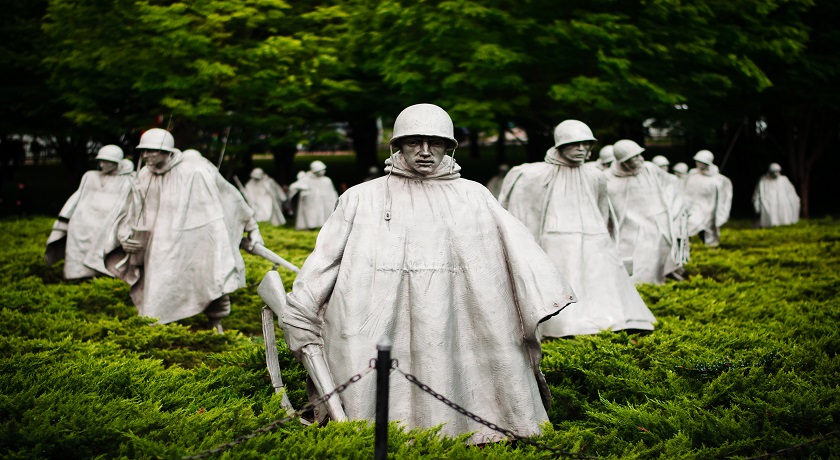 Wounded. In the Head
Wounded. In the Head
My grandfather was
an Ernest.
My grandma said they wouldn’t let him home;
he stayed in hospital one whole
un-whole
year after the War was done.
Wounded. In his head.
No blood
no bruise no
eyes gone not deaf;
just wounded in his head.
Not deaf to shells
still breaking in his head.
Not blind to lights
still flashing in his head.
But bloody in his head,
bruised and wounded.
In his head.
They kept him long-long time in hospital.
At this far distance God knows why.
No-one, now, who we can ask why.
So many secrets kept the old quiet folk.
So many wounds in, oh, so many heads.
Was he too dangerous to be let go?
Or risky to himself?
Or risky in his truth.
When his French trench collapsed,
and he was buried in the mud and blood
and, (finally), dug out,
at first, they didn’t see that wound.
But soon they saw it:
that wound that ached his days,
throbbed his nights,
kept him screaming, buried.
My grandma said,
when her Ernest came home
he was not out of his tomb;
lovely, but without joy, ever again.
And many wives of many other Ernst’s
might say the same.
And many wives of all
the Fredericks and Friedrichs
the Johns and Johanns,
the Henrys and Heinrichs,
who came home safe.
But with that wound.
In the head.
© 2018, Lucy Berry
'Wounded. In the Head’ features in the United Reformed Church’s Remembrance 100 resource 'One hundred years after the First World War: Looking back, looking forward and the Accompanying worship material on the theme. These booklets offer a rich resource of reflections, stories, poems and hymns designed to help churches, small groups and individuals mark the approaching centenary of the end of the First World War. They can be downloaded for free and hard copies can be bought from the URC Online Store.
Picture: A war memorial: Brittany Colette/Unsplash




